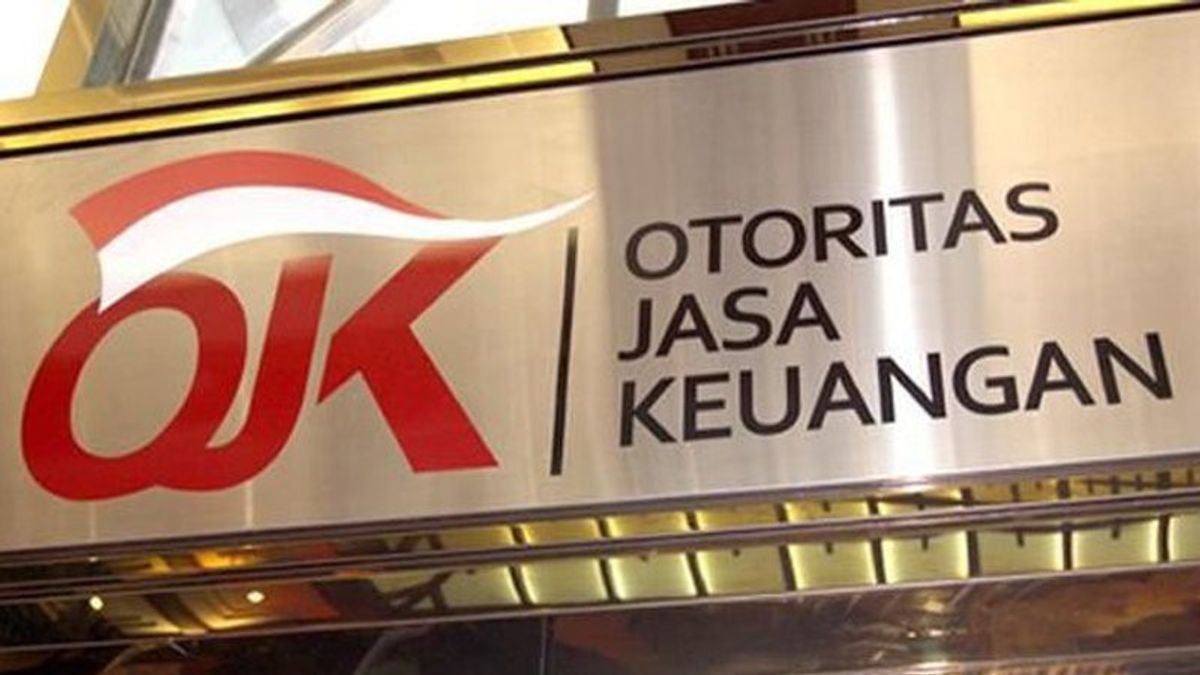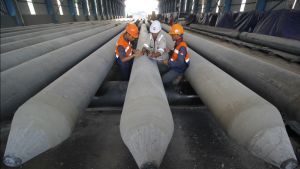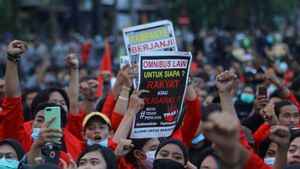
JAKARTA - The Financial Services Authority (OJK) will extend credit restructuring affected by COVID-19.
The reason is because the Indonesian economy has not recovered 100 percent after the COVID-19 pandemic and the current global challenges are still growing.
For your information, this loan restructuring plan will end in March 2023.
"It seems that we will indeed extend this loan restructuring, we are conducting a final analysis. Indeed, there are still several components that we must consider before we finalize our position," said OJK Banking Supervisory Chief Executive Dian Ediana Rae as quoted by Antara, Monday, October 3.
However, Dian could not elaborate further in detail how long it would take and how the extension of the credit restructuring would be carried out.
However, it is likely that the policy will be implemented by targeting the geographical sector and the type of creditor.
OJK noted that the COVID-19 credit restructuring recorded another decline of Rp16.77 trillion to Rp543.45 trillion, with the number of customers also decreasing to 2.88 million customers in August 2022 from July 2022 which was 2.94 million customers.
With these developments, the value of COVID-19 restructuring credit and the number of its customers have decreased by 34.56 percent and 57.9 percent, respectively, from their highest point.
On the other hand, Dian said that credit normalization will certainly not harm domestic economic growth so that it will maintain financial system stability while still making a significant contribution to maintaining economic growth.
Therefore, OJK continues to monitor banking conditions, where currently disturbances to the banking system can still be overcome, which can be seen from the allowance for impairment losses (CKPN).
"For example, the probability of a default of up to 11.53 percent has been covered by an CKPN of around 39 percent or almost more than three times. Meanwhile, when the credit restructuring ends, around 6.62 percent of the total restructuring credit is covered by an CKPN of almost 18.17 percent, so almost three times as well," he said.
SEE ALSO:
Against the Ratio/CAR Adequacy Ratio (CAR) Adequacy, Dian said, the impact of credit normalization is not too significant because CKPN has been formed so that currently CAR is still at the level of around 24 percent.
Meanwhile, in terms of the bad credit ratio (Non Performing Loan/NPL), there will indeed be an increase during the normalization of credit policies, but currently NPL is still below five percent.
The English, Chinese, Japanese, Arabic, and French versions are automatically generated by the AI. So there may still be inaccuracies in translating, please always see Indonesian as our main language. (system supported by DigitalSiber.id)
















